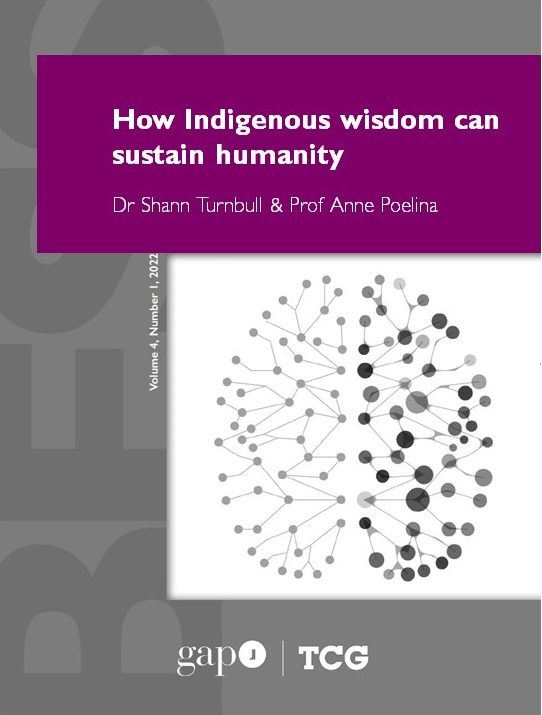How Indigenous wisdom can sustain humanity
DOI:
https://doi.org/10.54337/ojs.bess.v4i1.7293Keywords:
Aboriginal wisdom, relationships, practises, existential risks, polycentric governance, self-governance, stakeholder governanceAbstract
Ancient self-governing practices of Indigenous Australians reveal how modern society can achieve sustainable wellbeing for the environment and humanity. No other existing culture has a longer record. In her Nobel Prize speech, Elinor Ostrom described how pre-modern societies evolved polycentric self-governance to avoid over-exploitation of common life-sustaining resources between competing interests to deny them for everyone. Ostrom identified design principles for self-governing ‘Common Pool Resources’ without the intervention of markets or state. This article outlines how these principles could be enhanced to also: (1) recognise Indigenous wisdom, relationships and practices; (2) apply the design principles to incorporated organisations to create a new model of corporate governance to benefit all stakeholders; (3) introduce system science insights that allow creatures to become self-regulating, self-managing and self-governing; (4) identify a politically compelling tax incentive for shareholders to adopt stakeholder self-governance with the cost of the incentive recovered from stakeholders paying taxes and reducing costs for welfare and regulation. A basis is created on which to introduce a universal wellbeing income from corporate dividends. The principles outlined here allow for corporations to become agents for reducing environmental and existential risks for humanity.

Additional Files
Published
Issue
Section
License
Copyright (c) 2022 Dr Shann Turnbull, Prof Anne Poelina

This work is licensed under a Creative Commons Attribution-NonCommercial-NoDerivatives 3.0 Unported License.
This journal provides immediate open access to its content on the principle that making research freely available to the public supports a greater global exchange of knowledge.
Articles published in BESS follow the license Creative Commons Attribution-NonCommercial-NoDerivs 3.0 Unported (CC BY-NC-ND 3.0)
Authors retain copyright and grant the journal right of first publication with the work simultaneously licensed under a Creative Commons Attribution License: Attribution - NonCommercial - NoDerivs (by-nc-nd).
Further information about Creative Commons




